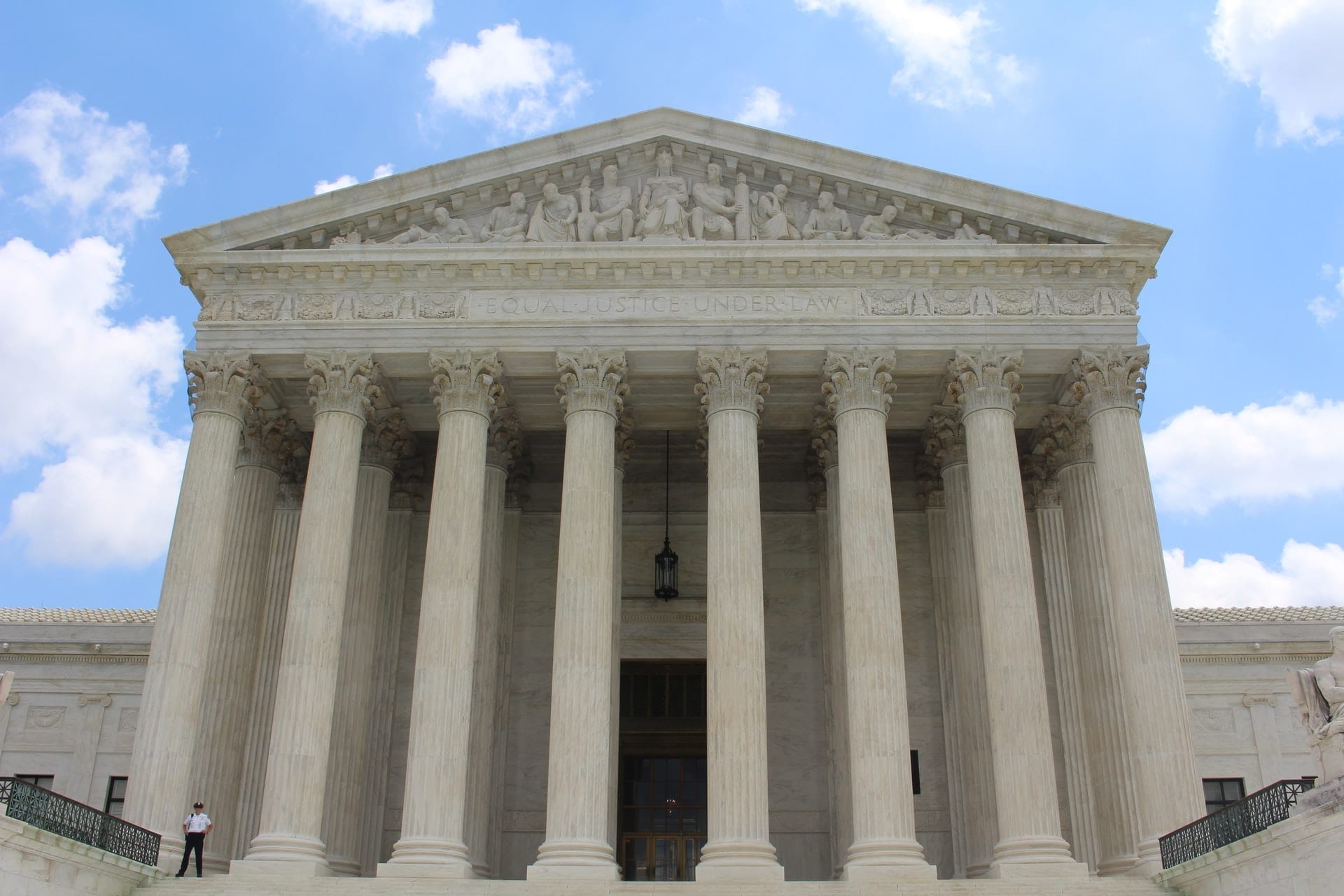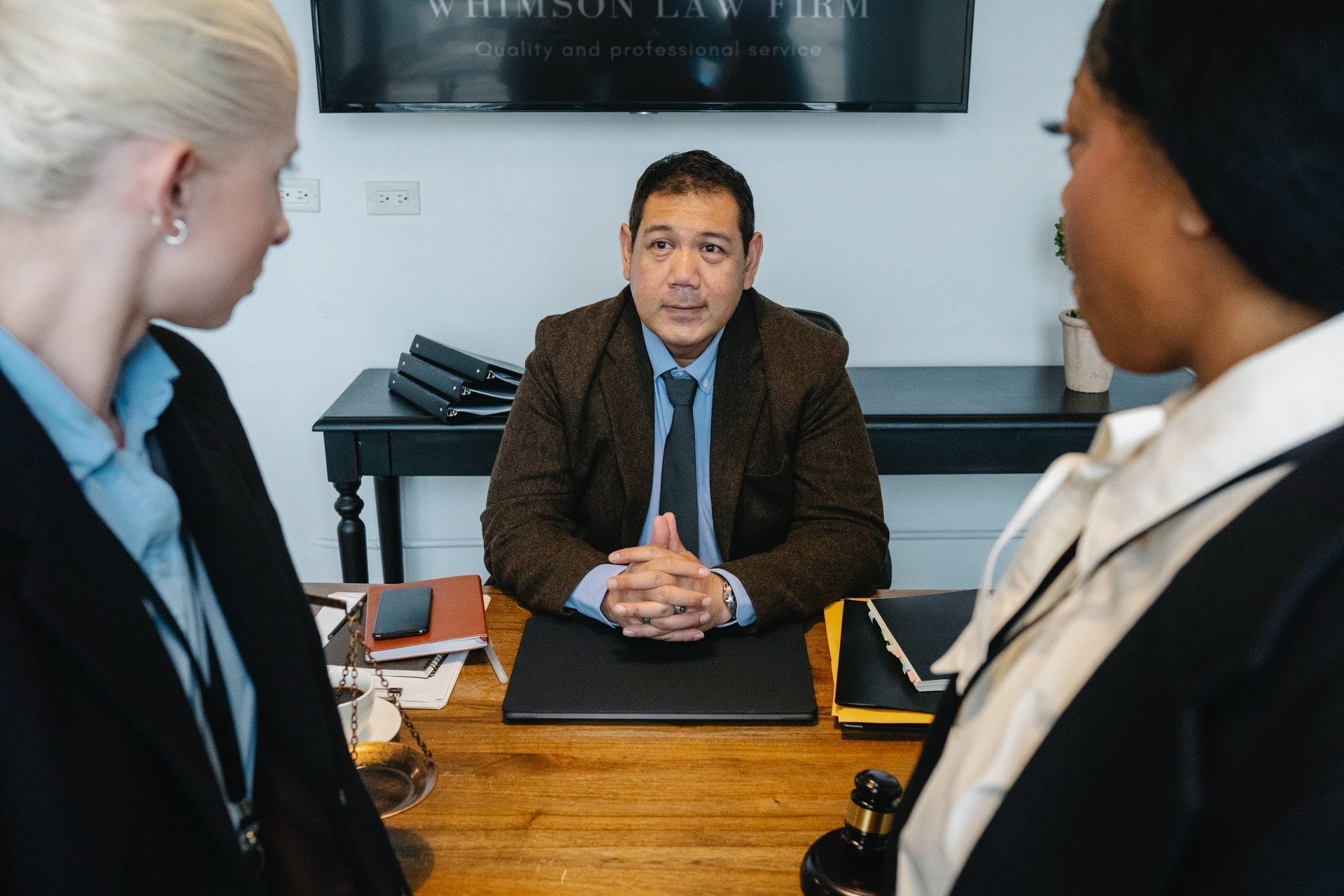You have the right to appeal the conviction in your case if you think the court or the jury made mistakes. What happens after you file an appeal is sometimes called the appellate process. Once that process finishes, the appeals court will reach a decision.
How do you appeal a decision in a criminal case?
To start an appeal, you will need to file a notice of appeal. This notice must be filed with the clerk of the court where your case was tried. There is a 14-day time limit after your conviction to file your notice, but you can file it immediately after sentencing.
If you miss the 14-day deadline, you may be able to file a late notice of appeal for up to 30 days from your conviction. Your request to file a delayed notice must be filed in the court where your trial and sentencing took place.

What happens after you file an appeal in federal court?
After you file an appeal, the appeals process begins. This process has several steps.
- The court sets a briefing schedule. This schedule includes two dates. The first date is the deadline for ordering transcript. The second is the date your brief is due.
- You collect the court reporter’s transcripts. You or your attorney will need to order court transcripts from your case. As the appellant, you, not the government, must do this. You can order court transcripts on the U.S. Courts’ website using their form.
- Attorneys present their opening briefs. An appellant’s brief is a written argument that says why the appeals court should reverse your conviction. This argument is usually limited to evidence from the original trial. It states why you think the court’s or jury’s decision was wrong. You also include legal arguments that support your reasons.
- Both sides make oral arguments. After the briefs are filed, the appeals court may decide to hear oral arguments. If it does, your defense attorney and an Assistant U.S. Attorney will appear in court. During that time, they will argue their sides of the case. You will not need to appear.
- The court makes a decision. After three appeals judges have read the briefs and heard oral arguments (if there were any), they will make a decision. There are generally three possible outcomes. First, they may affirm. This means that the original decision stands. Second, they may reverse. If they decide to reverse your conviction, you will either get a new trial or have your charges dismissed. Third, the appeals judges can also modify the original decision. This could mean a different sentence or different conditions. It can take up to six months (sometimes even more) for an appeals court to make a decision. However, most decisions come within 30 days of oral arguments.

How long does the appeals process take?
The appeals process can take months and sometimes even more than a year. The time it takes depends on a few factors. Mistakes in filing can slow the process down. The court’s schedule could cause delays, too. If the court holds organ argument, that takes time as well. In general, most appeals take an average of 12 to 18 months to reach a decision.
The Takeaway:
After you file an appeal, there is a multi-step process that happens before the court reaches a decision. You must file an appeal within 14 days of conviction, but you can file a late notice up to 30 days after that in some cases. It usually takes the court 12 to 18 months to reach a decision on appeal.






